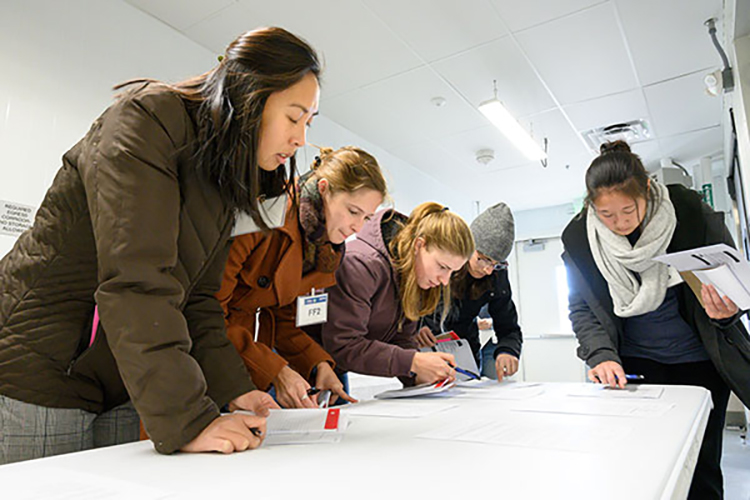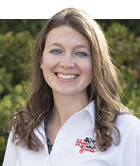
Even when my contest results weren’t always where I wanted them to be, I truly enjoyed the opportunity to participate in dairy cattle judging. I started judging with my local 4-H and FFA teams, and then moved on to judge at the collegiate level at the University of Wisconsin-Madison, competing at several national contests.
Dairy and livestock judging contests have been around for generations. In fact, the first national 4-H and collegiate dairy judging contests were held 100 years ago. Throughout the years, contest participants have learned the finer points of evaluating dairy animals and then applied that knowledge during the competition. Individuals and teams are ranked based on how well they place the classes and present their reasons.
The Collegiate Dairy Products Evaluation Contest has been around for nearly as long, and more recently, a contest focused on troubleshooting dairy herds and facilities, called Dairy Challenge, was created.
I recently learned about another interesting contest that began in the last two decades. In 2002, Michigan State University hosted the first Animal Welfare Judging and Assessment Contest. Four teams participated that year. By 2014, 28 teams from across North America competed. When the contest was held virtually for the first time in 2020, 250 participants from 32 universities across seven countries attended.
“The contest was born from a desire to incorporate animal welfare into animal science curricula, to excite student interest, and foster healthy competition,” explained Sharon Kuca during the Dairy Cattle Welfare Council’s annual symposium. Kuca is an assistant director of the American Veterinary Medical Association’s Animal Welfare Division.
The name of the contest transitioned slightly over time, dropping the word “judging” from the title. Even though the name is now the Animal Welfare Assessment Contest, Kuca said many still refer to the event by the acronym of AWJAC.
Teams of undergraduate, graduate, or veterinary students can participate in the two-day contest. The students apply science-based methods and ethical standards to assess animal welfare in realistic situations. Participants evaluate several virtual scenarios and one live/onsite scenario to determine levels of welfare in animals observed across a variety of settings, included ag, companionship, biomedical, and human assistants. For instance, this year’s contest will include evaluations of a boar stud, plus cat and psittacine (parrot) scenarios.
Much like the Dairy Challenge model, participants present their findings to veterinary and animal welfare experts who serve as judges. Awards are given to the highest-placing individuals and teams in each division
Students can hone their critical thinking, reasoning, and communication skills, and whether they come out on top or not, there is a lot to be gained for each student.
“It is an opportunity to connect and network with animal welfare groups through North America and beyond,” Kuca said.
She shared that post-contest evaluations completed by participants between 2012 and 2019 showed very favorable responses. Of those students, 99% agreed it was a valuable experience, 98% felt they increased their knowledge in animal welfare, and 98% would recommend participation to their peers.
As animal welfare continues to garner more attention from both within and outside of the agriculture industry, this contest can provide students an opportunity to gain skills in a very relevant area of both animal and veterinary science. Any university or veterinary college may assemble a team for competition. For more information, visit https://www.awjac.org.

The author is the senior associate editor and covers animal health, dairy housing and equipment, and nutrient management. She grew up on a dairy farm near Plymouth, Wis., and previously served as a University of Wisconsin agricultural extension agent. She received a master’s degree from North Carolina State University and a bachelor’s from the University of Wisconsin-Madison.